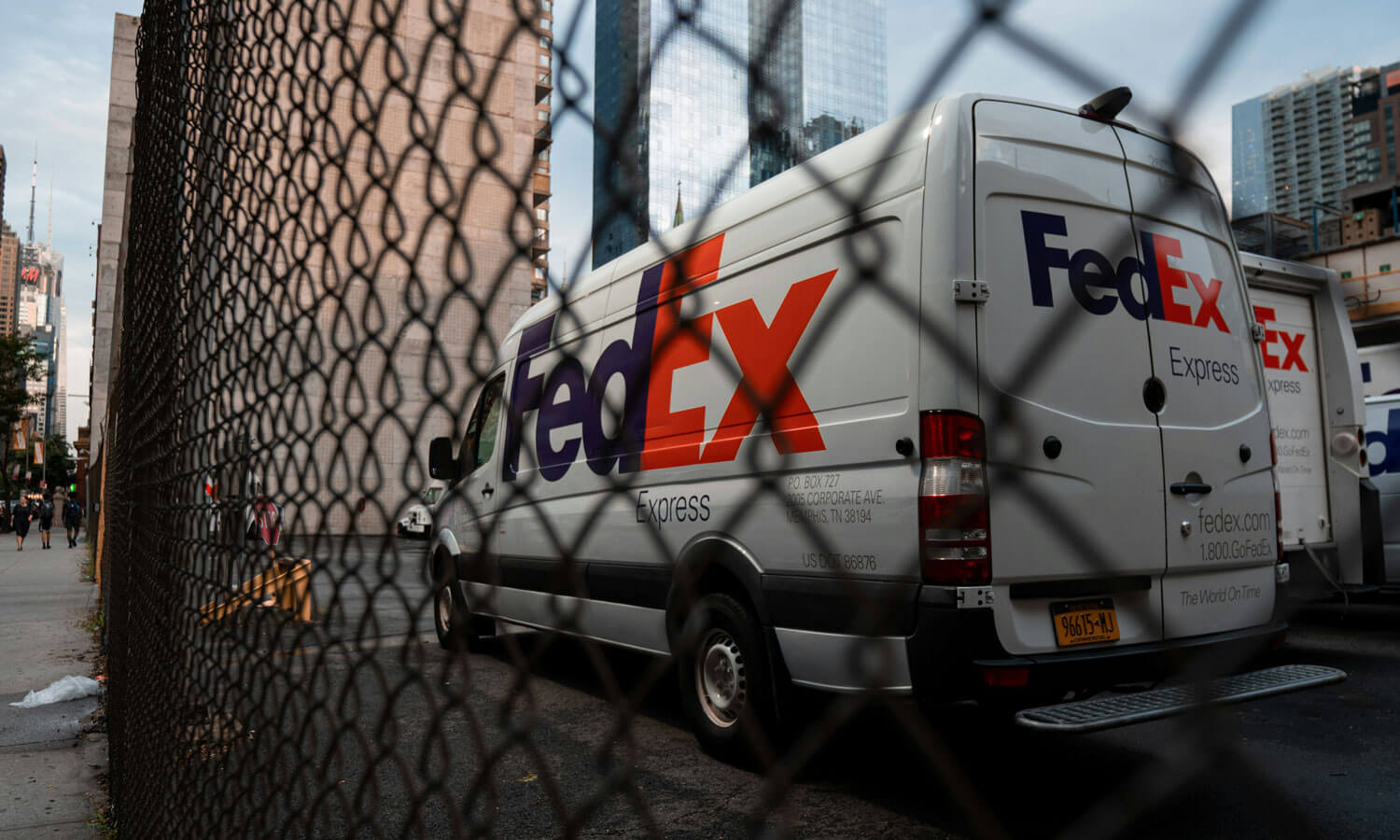The Puzzle of Sustainable Funding: What Good Traders Ought to Know. 2024. Lukasz Pomorski. Wiley.
In The Puzzle of Sustainable Funding, Lukasz Pomorski, senior vice chairman at Acadian Asset Administration and an adjunct professor at Columbia College, presents a set of vital instruments for the sustainable investor to navigate the fiercely contested topic of environmental, social, and governance (ESG) investing. He analyzes the channels via which sustainability shapes company choices and discusses many sensible examples and case research that present a succinct abstract of the business’s key points. Pomorski adeptly discusses the nice, the dangerous, and the unknown of sustainable investing whereas acknowledging that the reply to a few of the vital questions is the dreaded “it relies upon.”
Primarily based on a easy thought experiment, Pomorski appropriately concludes that ESG traits are a supply of data and a few of this info could also be useful in pursuing monetary targets no matter how buyers really feel about ESG investing extra broadly. Subsequently, by a easy leap of logic, the ESG-aware portfolio will exhibit the next Sharpe ratio than the ESG-unaware portfolio. ESG integration (incorporating ESG issues into one’s views of threat and return) is an effective factor since it could assist buyers construct higher portfolios.
Since ESG buyers additionally construct constraints into their funding course of, nevertheless, it could result in the formation of a “sin premium” or comparatively greater anticipated returns from holding securities with poor ESG scores, akin to tobacco or fossil gasoline firms. These greater returns are usually not a compensation for threat or for poorer high quality of future money flows however, somewhat, a direct consequence of buyers’ tastes and preferences. Pomorski shows an ESG-efficient frontier of a carbon-aware portfolio that reveals lowering carbon to 30% of benchmark emissions reduces monetary attractiveness by shut to five% and a discount to 10% of benchmark emissions prices about 15%. This chart exposes the danger–return trade-off in lowering carbon depth and monetary attractiveness in a portfolio.
Pomorski references a brand new paper[1] that analyzed hundreds of shares traded in 48 totally different nations and assessed ESG scores from seven totally different suppliers. Primarily based on the rules of market effectivity, he helps the report’s conclusion that there’s little or no proof that ESG scores are associated to world inventory returns. Later within the guide, he discusses how any outperformance will probably must come up from investing in firms that exhibit enchancment in financially materials ESG elements. Pomorski helps the declare, nevertheless, that ESG scores might present insights concerning the threat of the underlying firms. For instance, a portfolio tilted towards shares with robust ESG scores will maintain comparatively safer shares than these in an in any other case related portfolio as a substitute tilted towards poor ESG scores.
Three case research, involving Engine No. 1 and ExxonMobil, inexperienced bonds, and constructing net-zero portfolios, are mentioned for example optimistic affect via funding portfolios. As an actual property finance practitioner, I discovered the inexperienced bond case research to be most insightful. Since ESG-motivated buyers are prepared to pay a premium for labeled bonds (inexperienced bonds), this “greenium” signifies that buyers are prepared to offer the corporate with cheaper capital, offered that using proceeds is for inexperienced tasks. Inexperienced bonds have affect via the financing value channel, whereas within the ExxonMobil instance, the affect comes via the management channel.
Lastly, Pomorski explores how shorting and commodity futures can be utilized as a part of the toolkit in an investor’s ESG integration course of.
In abstract, The Puzzle of Sustainable Funding is a considerate and sensible guide with rigorous analysis backing a lot of Pomorski’s conclusions. Since Milton Friedman articulated his shareholder-primacy idea in 1970, now we have noticed an evolution of how we take into consideration the position of enterprise and the company in American society. Though world sustainable flows turned detrimental for the primary time on document within the fourth quarter of 2023, essentially the most pessimistic assessments of sustainable belongings point out that a minimum of $3 trillion is presently invested in sustainable methods.
[1]R. Alves, P. Krueger, and M. A. van Dijk, “Drawing Up the Invoice: Is ESG Associated to Inventory Returns across the World?,” working paper, College of Geneva (2023).









